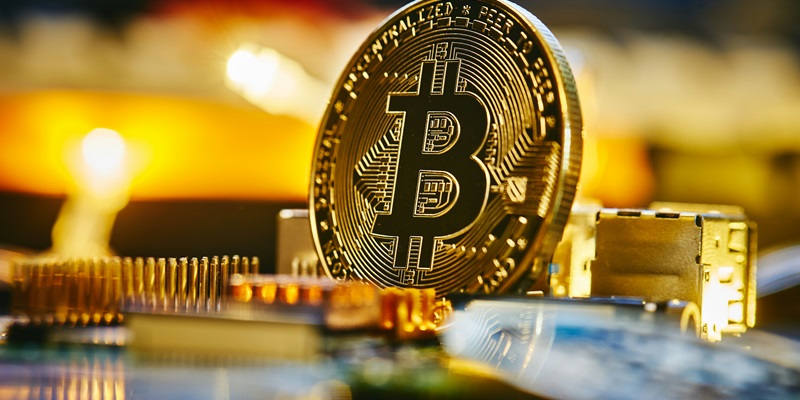Decentralized finance, also known as DeFi, has experienced tremendous growth in recent years, leading to the emergence of innovative solutions and platforms. One such platform is Portal, which has recently secured $34 million in funding to develop a decentralized exchange (DEX) specifically designed for trading bitcoins with assets on other blockchains. With the aim of revolutionizing the cross-chain trading landscape, Portal aims to address the limitations and vulnerabilities associated with centralized exchanges.
Centralized Exchanges as a Liability
Centralized exchanges, such as FTX and Binance, have been the go-to platforms for cryptocurrency trading. However, their centralized nature undermines the fundamentals of blockchain technology, which is based on decentralization and minimizing the need for intermediaries. These centralized exchanges have proven to be a liability, as they are susceptible to hacking, manipulation, and the potential loss of user funds. Therefore, the growth of DeFi has highlighted the need for decentralized alternatives.
Decreased need for centralized exchanges
As the DeFi ecosystem expands and evolves, the need for centralized exchanges is decreasing. Decentralized finance offers a vast array of innovative solutions and platforms that enable users to trade, lend, borrow, and invest without relying on traditional intermediaries. As the variety of DeFi offerings continues to improve, the demand for centralized exchanges will diminish further, as users become more comfortable with managing their assets in a truly decentralized and secure manner.
The Role of Decentralized Exchanges (DEX)
Unlike centralized exchanges, decentralized exchanges operate purely on code and eliminate the need for human intermediaries. A DEX allows users to conduct peer-to-peer trades directly from their digital wallets, maintaining complete control over their funds throughout the trading process. By removing the central authority that exists in traditional exchanges, a DEX offers greater transparency, security, and user empowerment.
Challenges of trading between blockchains
The concept of cross-chain trading, which involves trading assets between different blockchains, poses several challenges. Blockchains are designed to operate independently, making it difficult to access, verify, and exchange data that resides on other chains. This lack of interoperability inhibits the seamless transfer of assets between networks, resulting in complex processes that are both time-consuming and risky.
Portal’s Objective: Improving Cross-Chain Trading
Portal aims to bridge the gap between different blockchains to enhance the trading experience for users. By providing a user-friendly interface and innovative solutions, Portal aims to simplify the process of trading assets regardless of the blockchain they reside on. The goal is to create a seamless and secure platform that enables users to effortlessly exchange bitcoins with assets on other blockchains.
Vulnerabilities of Current Solutions
Bridges, centralized exchanges, and other custodial solutions have long been vulnerable to security breaches and hacks. These vulnerabilities have plagued the industry, leading to significant losses for users. Portal recognizes the urgent need for a secure and reliable solution that facilitates the frictionless transfer of assets across chains.
The need for a seamless cross-chain bridge
Despite the efforts made in the DeFi space, no project has fully achieved the seamless bridging of assets across chains. The quest for a unified and efficient cross-chain bridge remains ongoing. Portal acknowledges this challenge and is devoted to developing a platform that revolutionizes cross-chain trading, offering a smooth and secure experience for users.
Portal’s Solution: Atomic Swaps
Portal adopts atomic swaps as a fundamental mechanism for its cross-chain transactions. Atomic swaps allow for the direct and trustless exchange of assets between different blockchains. By utilizing smart contracts, atomic swaps eliminate the need for intermediaries, ensuring that transactions are completed securely and efficiently. This technology not only ensures the integrity of the swaps but also enhances the overall user experience.
The rise of decentralized finance has paved the way for innovative solutions in the cryptocurrency space. Portal’s $34 million funding round signifies the industry’s recognition of the importance of decentralized exchanges for cross-chain trading. As the DeFi ecosystem continues to mature, the demand for centralized exchanges is likely to decline. Portal’s mission to build a decentralized exchange that seamlessly connects assets across different blockchains is an inspiring step towards a more open and secure financial future. By leveraging atomic swaps and addressing the vulnerabilities of existing solutions, Portal has the potential to redefine cross-chain trading and further advance the adoption of decentralized finance.

